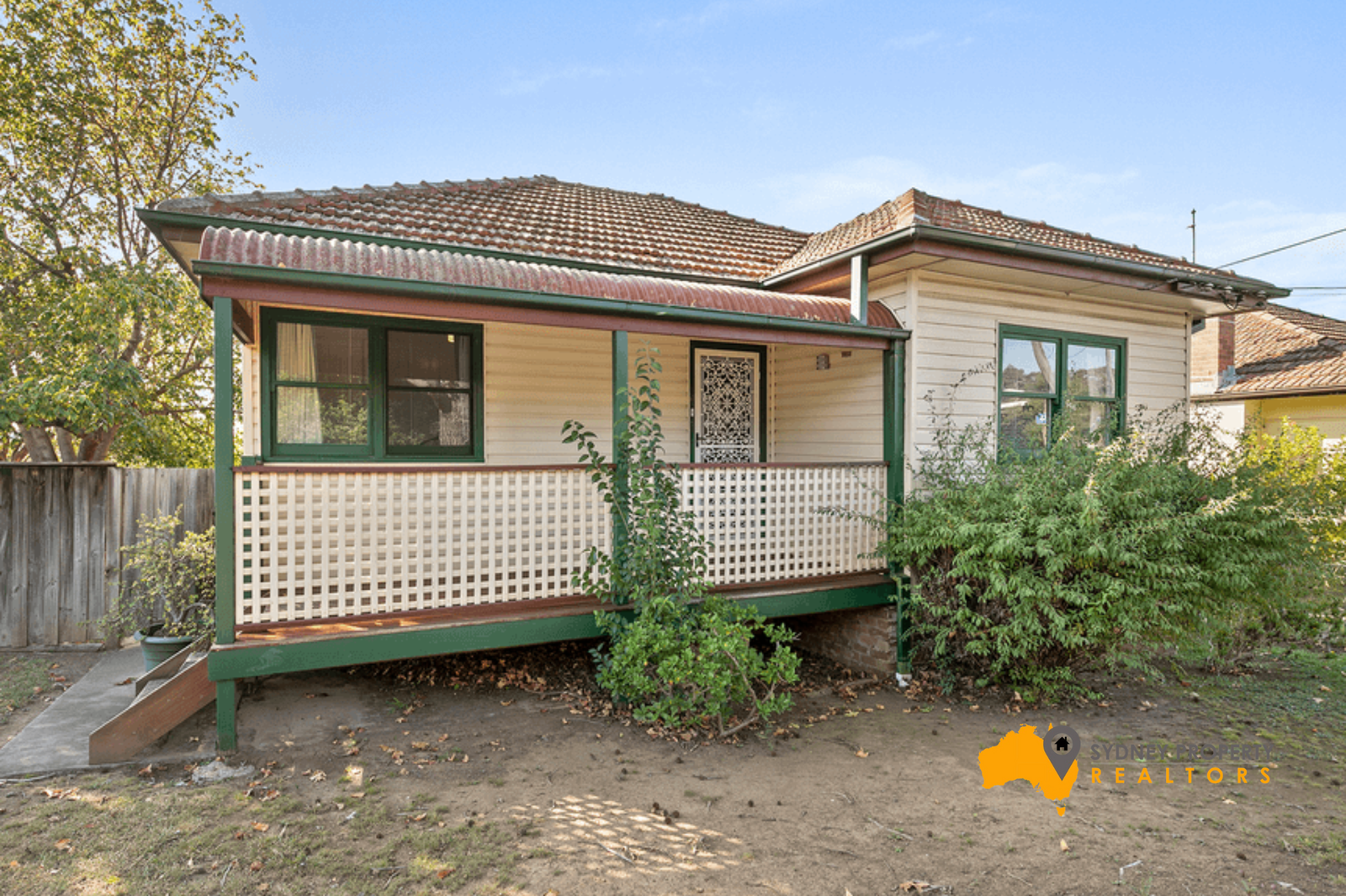Capital Gains Tax (CGT) applies when you sell a property and make a profit above what you paid for it. In Sydney’s dynamic real estate market, where property values often increase significantly over time, understanding how to legally reduce or avoid this tax is essential. Whether you are a homeowner selling your primary residence or an investor offloading a rental property, knowing the rules in 2025 can save you tens of thousands of dollars. With smart planning, many Sydney property owners can reduce their CGT liability or eliminate it altogether.
What Triggers Capital Gains Tax on Property Sales
Capital Gains Tax is calculated on the difference among your buy fee (plus fees) and the final sale price of your house. If that amount is high quality, you have got made a capital advantage and it turns into a part of your taxable profits. However, the guidelines vary depending on whether the assets became your primary residence. An investment or part of a agree with or agency. In 2025, tighter tax compliance and digital reporting make it even greater crucial to get things right whilst selling in Sydney.
The Main Residence Exemption: A Key Way to Avoid CGT
One of the most effective ways to avoid Capital Gains Tax is by selling your primary place of residence. The Australian Taxation Office (ATO) allows full exemption from CGT if the property was your home for the entire time you owned it. To qualify, you must have lived in the home, claimed no other property as your residence, and not used it to produce rental income. In 2025, this rule still holds strong, offering full protection from CGT for thousands of Sydney sellers.

Partial Exemptions for Temporary Rentals or Dual Use
If you rented out your Sydney home for a short period or only used part of it as a business space, you may still be eligible for a partial CGT exemption. The ATO uses a time-based calculation to determine how long the property was used as your residence versus as an income-producing asset. For example, if you lived in your home for 6 out of 10 years. 60% of the gain may be tax-free. Keeping clear records is critical in ensuring you maximise your exemption when selling.
The 12-Month Ownership Rule and 50% Discount
Investors who sell a property they’ve held for at least 12 months can qualify for the 50% CGT discount. A key tax break that’s still active in 2025. This means only half of your capital gain is added to your taxable income. For those who’ve timed their investment wisely and sold at the right moment. This discount can result in major savings. Selling before this 12-month period forfeits the discount entirely. So strategic timing is crucial for Sydney property investors.
Timing Your Sale to Minimise Tax Impact
The timing of your property sale can greatly affect how much tax you pay. Selling in a year where your income is lower. Perhaps after retirement, job change, or time off can reduce your CGT liability, since the gain is added to your personal taxable income. In 2025, with tighter scrutiny on property transactions and digital pre-fill systems, timing has become an even more powerful tool. Spacing out multiple property sales across financial years is another smart way to avoid jumping into a higher tax bracket.

Using Capital Losses to Offset Gains
If you’ve sold any other investment belongings or asset at a loss. You can use that capital loss to offset your capital growth, decreasing your normal CGT. These losses can also be carried ahead to destiny years. Sydney buyers who manage multiple residences or belongings often use this approach as a part of a long-term portfolio method. Proper documentation and well timed lodgment of your losses are necessary to make sure they’re widely wide-spread by way of the ATO.
Property Ownership Through a Trust or SMSF
Some investors choose to own property through a discretionary trust or a self-managed super fund (SMSF) to access different CGT rules. While SMSFs offer a lower tax environment, they come with strict compliance requirements. In 2025, regulations around trust distributions and super fund property ownership have tightened. Professional advice is highly recommended before relying on these structures. When managed well, they can offer considerable tax advantages at the time of sale.
Renovations, Expenses, and Record Keeping
Every dollar you spend on improving or maintaining your property can count when calculating your capital gain. Renovations, stamp duty, legal fees, agent commissions, and even pest inspections can be added to your property’s cost base. This effectively reduces your profit on paper—and your CGT. But in 2025, with the ATO using real-time data and automated auditing tools, only well-documented expenses with receipts are accepted. Keeping digital records is not just helpful—it’s now a necessity.
Conclusion:
Capital Gains Tax does not have to be an unwelcome surprise. With proper planning, knowledge of the rules and the right timing, many Sydney homeowners and investors can reduce their CGT or avoid it entirely. Whether through the main residence exemption, smart use of losses, or 12 month holding discounts, every strategy must be backed by solid documentation and sound legal advice. In 2025’s complex property landscape, strategic selling is not just about market timing. It is about tax efficiency and long term wealth preservation.
